Internal control Over Financial Reporting (ICOFR)
Internal control over financial reporting (ICFR) refers to the systems, processes, and procedures implemented by an organization to ensure the reliability of its financial statements and the effectiveness of its financial reporting. The objective of ICFR is to provide reasonable assurance regarding the accuracy, completeness, and reliability of financial information and to safeguard the organization’s assets.
ICFR involves several key components:
Control Environment
The control environment sets the tone for the organization's internal control system. It encompasses the integrity, ethical values, and commitment to competence of the people within the organization, as well as the oversight provided by management and the board of directors.
Risk Assessment
The organization identifies and assesses the risks that could affect the reliability of financial reporting. This includes assessing the likelihood and potential impact of risks and considering internal and external factors that may impact the financial statements.
Control Activities
Control activities are the policies, procedures, and practices that help ensure that financial reporting is accurate and reliable. These activities include segregation of duties, authorization and approval processes, physical safeguards, and information technology controls.
Information and Communication
Effective communication is vital in ICFR. It involves providing relevant financial information to those responsible for financial reporting and ensuring that communication channels are open for reporting control deficiencies or potential issues.
Monitoring Activities
Monitoring activities involve ongoing assessment of the effectiveness of internal controls. This can be achieved through management reviews, internal audits, and periodic evaluations of control processes to identify deficiencies or weaknesses.
Detecting and preventing fraud:
Internal auditors perform audits to identify any potential fraud risks, assess the adequacy of anti-fraud measures, and recommend actions to prevent and detect fraudulent activities.
The evaluation of ICFR is typically required for publicly traded companies by regulations such as the Sarbanes-Oxley Act (SOX) in the United States. Under SOX, management must assess and report on the effectiveness of ICFR, and external auditors must also evaluate and express an opinion on the effectiveness of ICFR.
The assessment and testing of ICFR involve documenting and evaluating the design and implementation of controls, as well as testing the operating effectiveness of those controls. This is done to identify any control deficiencies or weaknesses and take appropriate remedial actions.
Effective ICFR provides confidence to stakeholders, such as investors, creditors, and regulators, that the financial statements are reliable and trustworthy. It helps prevent and detect material misstatements or fraudulent activities, ultimately promoting transparency and accountability in financial reporting.

